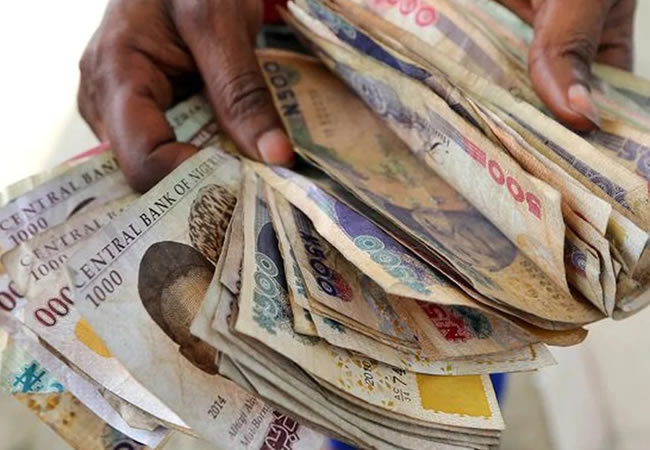Interbank rates have risen above the 31% mark, as the financial system’s liquidity remains negative. Because of the banking system’s inadequate funding profile, money market rates have remained high.
According to data from the FMDQ website, the open repo rate increased by 82 basis points to 31.28% in the market on Wednesday. Similarly, the overnight lending rate rose 56 basis points to 31.56%, with banks queuing at the Central Bank of Nigeria’s borrowing shop for financing.
Analysts observed that despite coupon inflows from FGN bonds, money market pressure remained significant. The market saw an influx of N57.73 billion from FGN bond coupon payments.
After the inflows, the liquidity balance in the financial system closed at N542 billion negative ahead of FAAC credit disbursements. But this was insufficient to upturn the money market rates direction, while analysts noted that fewer deposit money banks were exposed to the Standing Lending Facility window.
Banks with excess cash were also requesting a higher rate to part with their funds. Tier-2 banks were noted to form the majority of the borrowers at the CBN window. “We expect the interbank rates to remain elevated tomorrow, pending FAAC inflows,” AIICO Capital Limited said in its market update.
Nigerian interbank offered rates increased across all tenors, reflecting system illiquidity. Nigerian Interbank Treasury Bills True Yield witnessed mixed movement across all maturities. The average secondary market yield on T-bills moderated by 0.01% to 18.18%.













